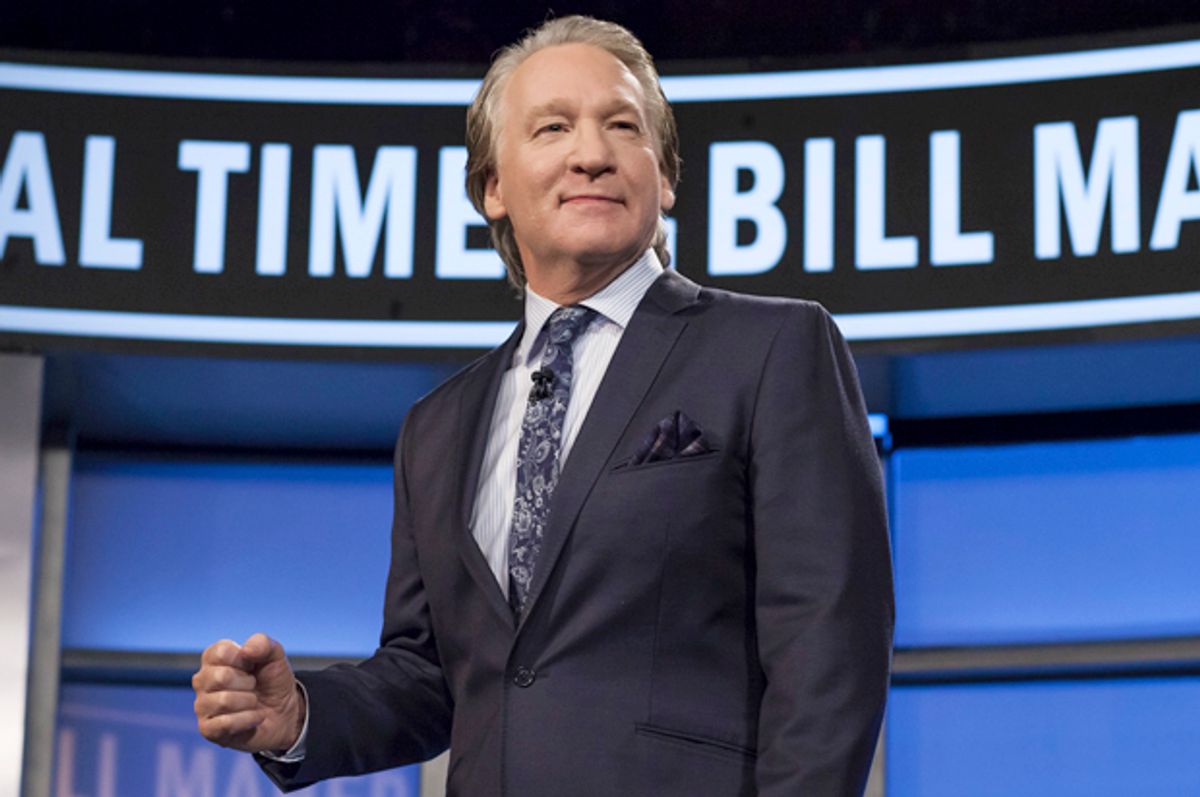 Is the term “socialist” losing its stigma? There are two examples from last week’s news cycle that shed some light on that question.
Is the term “socialist” losing its stigma? There are two examples from last week’s news cycle that shed some light on that question.
At the beginning of Tuesday’s Democratic presidential debate, Anderson Cooper challenged Sen. Bernie Sanders on the Vermont liberal’s willingness to describe himself as a democratic socialist. Indeed, the CNN host went so far as to pointedly ask, “How can any kind of socialist win a general election in the United States?” This is because, for more than a century, socialism has been a dirty word in American politics. Any liberal president who attempted a major economic or social justice reform—be it Franklin Roosevelt’s New Deal and John Kennedy’s civil rights promises or President Obama’s Affordable Care Act—could safely bet that his opponents would accuse him of pushing a socialist agenda.
This is an unsavory residue from our recent history. Although anti-socialist paranoia has existed in this country since the late 19th century, it reached its nadir during the Cold War, when many liberals joined their right-wing counterparts in denouncing any program that smacked of socialism with the hard communism of America’s sworn enemy, the Soviet Union. There was a time not too long ago when even the suspicion of harboring socialist sympathies could get you blacklisted from jobs in government, academia, business, and entertainment. Although the political climate has changed considerably in the early 21st century, the nasty undertone associated with “socialist” is still strong enough that it’s frequently used as a political insult.
In fact, that may be a big part of the reason why it has lost so much of its punch. By repeatedly insisting that traditional liberal candidates like John Kerry, Hillary Clinton, and Barack Obama are actually socialist, the term’s meaning has been so blurred that voters are not only having trouble identifying the genuine article, but even mustering up the energy to care.
Nevertheless, Cooper still knew that—because every Democratic president since FDR can rely on being called a socialist by his critics—a candidate who actually went by that title would need to be interrogated on the subject. I would argue that Cooper’s question, though necessary, would have been even more powerful if he had approached the question of Sanders’ “socialism” as an objective one—i.e., exploring the pros and cons of socialist policies—rather than by acknowledging its taboo nature and thereby implicitly validating it.
♦◊♦
This is where Bill Maher enters the picture. In a recent interview with Sanders, Maher began by openly confronting the irrational response to the word “socialist” in American political debate, exclaiming ““They hear socialist and they think herpes, Bernie!” From there, however, he didn’t give Sanders a free pass, but interrogated him about the potential cost of his proposed programs. Indeed, when Sanders challenged his interviewer to explain why the socialized health care plan he was proposing couldn’t work, Maher more than rose to the occasion. “If you’re saying that the government is going to pick up the tab but not make the insurance companies, the hospitals, and the doctors not gouge people, then we are going to break the budget,” he pointed out. “It has to work both ways. So you’re going to make the hospitals do that? Because that is socialism.”
Even though I count myself as a Sanders supporter, I would argue that Maher performed an important service for the candidate by his questioning process. The danger facing advocates of new ideas in our country is that the media either won’t take them seriously (hence the running complaint among Sanders-ites that the media barely covers his campaign) or that, by sheer virtue of being “fringe,” those ideas will be preemptively dismissed. When Cooper challenged Sanders about his socialism during the Democratic debate, he relied purely on the label itself. Maher refused to be confined by labels and insisted on applying the same rigorous examination process to Sanders that he would have used had Hillary Clinton been sitting on that stage instead.
This is without question a good thing, regardless of one’s opinions about Sanders himself. After all, our founding fathers had ideas that would probably be considered socialist today, the first Republican president once proclaimed that “labor is the superior of capital and deserves much the higher consideration,” and many of America’s most important social and economic reforms were inspired by overseas examples by political and intellectual leaders who didn’t pay attention to ideological categories. When potentially useful ideas are opposed simply because they can connected—credibly or otherwise—with a taboo designation like “socialist,” we not only stifle the free debate that is vital to our democratic way of life, but weaken our nation’s ability to grow and change as the times demand.
That is why, in the end, we should be encouraged by the likely legacy that Sanders’ campaign will have, regardless of whether he is ultimately nominated and elected. By virtue of being taken seriously, it’s a sign that Americans may finally be ready to think about major issues in a way that doesn’t require labels.

Shares